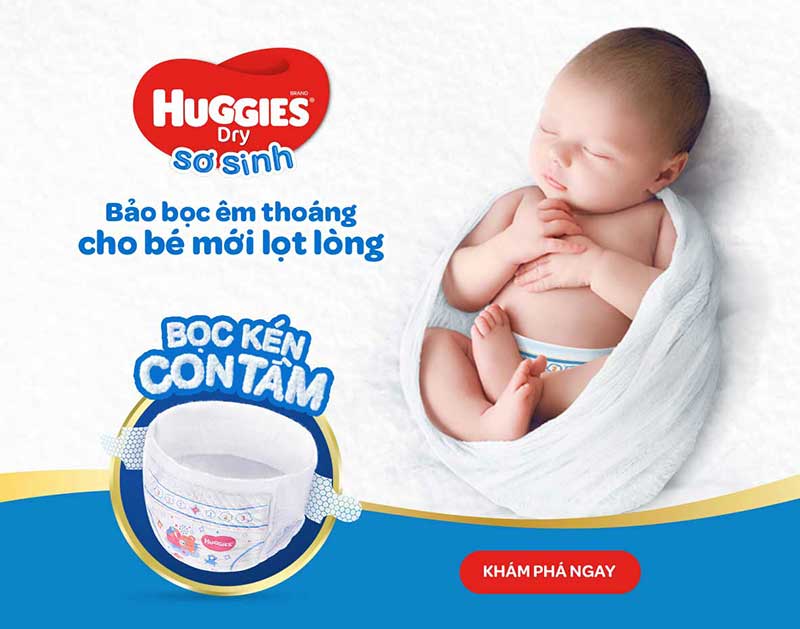First smiles are only the start of the amazing emotions your baby will develop and show during the first year. As early as 3 months, they may be ‘reading’ expressions and storing the information in their growing memory bank. These stored experiences will help them manage and control their own emotions as they grow.
It all begins with that one little smile.
- At 3 months your baby may enjoy socialising with you and the other immediate members of the family.
- They smile easily and may have a keen interest in other human faces.
- Babies learn about others’ emotions and expressions when they can watch, listen and participate in social interactions.
- You can also expect to hear the first of the many giggles during this time.
- The best way to make your baby laugh is by making funny little ‘burrr’ sounds, pecking them on the cheek or by tickling their stomach.
- The reactions you get will have a significant influence on how your baby reacts to various situations in the future.
- They develop the ability to read other’s emotions early on and can recognize their parent's expressions at about 3.5 months of age.
- They tend to watch their parents very closely, so it's important to keep your emotions in check. After all, babies can sense emotions of anxiety just as much as happiness.
- Interact with them using pleasant tones and expressions.
- When your baby is alert and feeling social, respond to their smiles and cooing noises.
- It’s important to listen and talk to your baby.
- React in a warm and soothing way when they are anxious, frightened or crying.
- Try swaddling your baby in a blanket or carrying them close to your body in a sling.
- Walk around or rock them gently with soft music playing in the background.
Notice your baby’s little actions as they develop them.
- During the 6 to 9-month period, your baby may start to develop characteristics that are uniquely their own.
- By now, you are familiar with their temperament and you know they exhibit a ‘tone’ that is distinctively his/her own.
- Perhaps they get excited when it is bath time or snuggle into your arms when it's bedtime.
- They may have retained input on who has expressed positive or negative emotions towards them.
- A sudden rise in someone's voice or the tension in their mother’s touch has all been stored in their memory bank.
- At this age, your baby will enjoy being around people they feel loved by.
- A growing attachment has developed for their immediate caregivers, so it is natural for them to feel the beginnings of ‘separation anxiety’.
- Most babies at this age will exhibit anxiety and fear when their parents are out of sight. Although unnerving for parents, this behaviour is normal. It simply means your baby's memory canter in their brain is maturing.
- Games like ‘peek-a-boo’ and ‘hide and seek’ will help them learn that people and objects disappear but they also return.
Model behaviour alert.
- As your baby approaches the final months of their first year, they may be more capable of demonstrating a degree of varied emotions.
- They may be able to distinguish between people they know well and those they don’t.
- They may be more mobile now and curious to explore their surroundings by themsleves.
- Their new-found independence helps them feel safe and secure as they move away from and return to their trusted loved ones.
- Unpleasant encounters that once caused tears may now elicit frowns or just head turning to signal their disapproval.
- They may show signs of frustration or anger and you're likely to witness their first temper tantrum.
- Often, babies will get over-excited or over-stimulated which may result in frustration.
- It is suggested that parents try another activity after an outburst. Allow your baby to express emotions, sooth them before helping them learn how to modulate negative emotions more quickly.
- At this stage, small cuddly stuffed animals or a soft blanket will help your baby feel safe and secure as they grow and explore the ever-changing world around them.
Your baby observes and learns from you.
- The thought of a baby watching your every move may make some of us nervous and overly protective.
- It’s best to model the behaviour you expect from your little one.
- Set and enforce guidelines appropriate for the age and temperament of your baby.
- Don't smile and laugh at behaviour that is discouraged. The laughter they see on your face will only encourage them to repeat the same behaviour.
- Echo their smiles and cooing.
- When your baby shows anger, hold them firmly, distract them and be calm but assertive. It’s important to be consistent with this.
- Babies need a warm and predictable environment to form close relationships with those around them.
- If they are ignored or their emotions are not met with proper responses, they may have difficulties forming positive relationships later in life.



